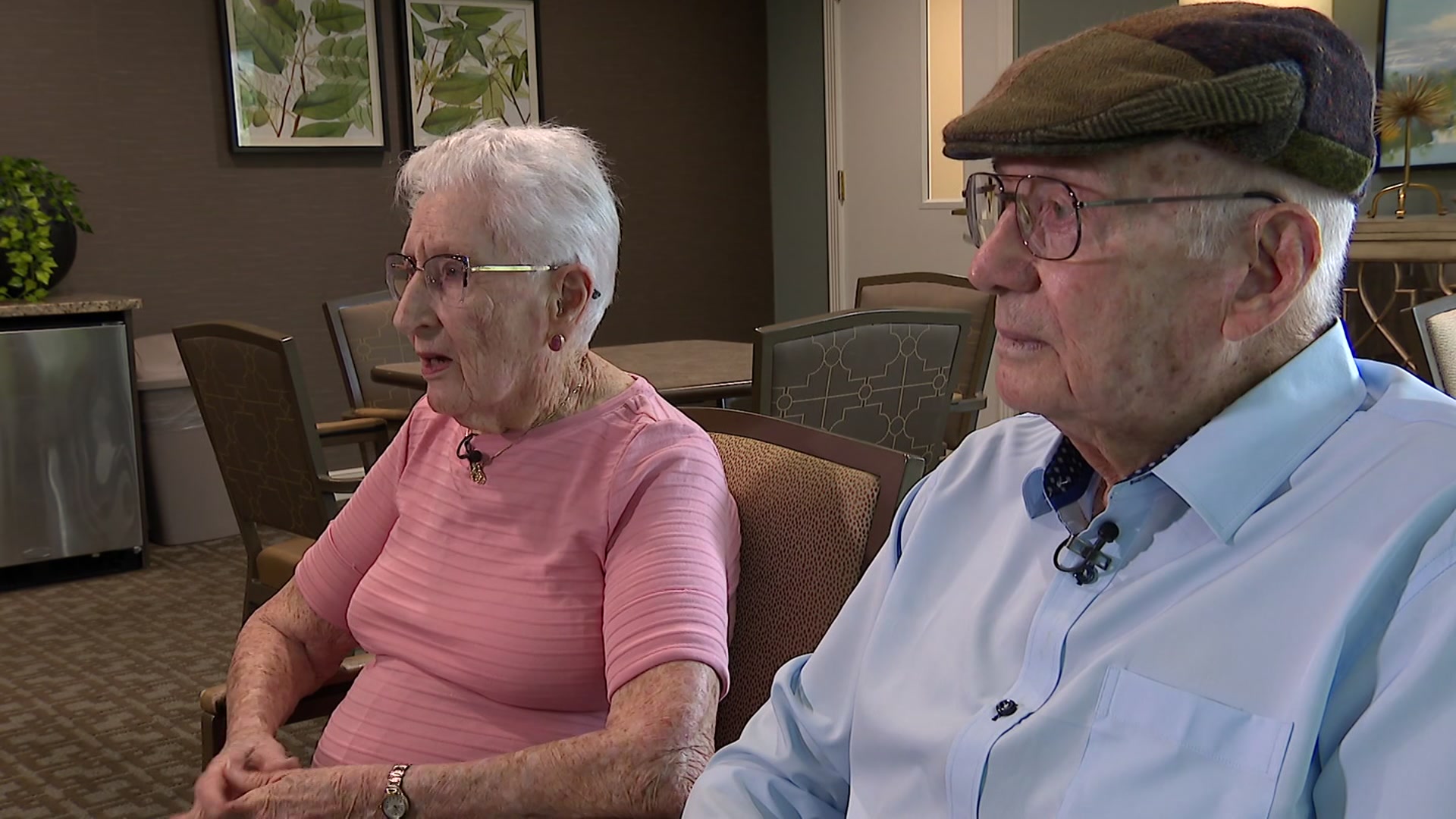An executive order from Republican Gov. Greg Abbott that goes into effect in Texas on Friday, Nov. 1, is stirring controversy.
Starting Friday, Texas hospitals must ask for a patient's citizenship status.
Immigration advocates are sounding the alarm as hospital systems work to understand and prepare for enforcing the new requirement.
According to state officials, the reason for the new law is data gathering.
Get top local stories in DFW delivered to you every morning. Sign up for NBC DFW's News Headlines newsletter.
In August, Abbott signed the order requiring inpatient or emergency care workers to ask patients if they are U.S. citizens. The order doesn't specify whether patients have to answer the question legally.
Abbott said he wants to collect data on the costs of caring for undocumented patients. He claimed Texas absorbs a large percentage of the costs associated with medical care for people who are not lawfully in the United States.
According to the Texas Hospital Association, five million Texans have no insurance. Texas also has the highest uninsured rate in the country, at 17%. However, according to the Texas Tribune, most uninsured Texans are citizens.
Local
The latest news from around North Texas.
Critics like the American Civil Liberties Union of Texas said the order has created fear among communities.
“This order should not impact anybody’s access to care — period,” senior staff attorney with the ACLU of Texas David Donatti told Austin NBC affiliate KXAN. “Whether you are native-born, a U.S. citizen, an immigrant, whatever your status should be, you should be able to access the healthcare that you need and the facility should not have the ability to block you from receiving that kind of care. That is crystal clear as a matter of federal law.”
The Asian Pacific American Medical Student Association also issued a statement, expressing concern because of a similar law enacted by Republican Gov. Ron DeSantis in Florida earlier this year.
"Increased fear and apprehension among undocumented immigrants have led to a sharp decline in utilization of health care services in Florida, discouraging a population that already experiences disproportionate health disparities from receiving lifesaving preventive healthcare, emergency obstetric care, and more," according to the APAMSA statement. "Texas advocacy and community health groups fear a similar outcome."
However, local hospitals are stressing to people that if they prefer not to answer or don’t know their status, they will not be denied medical help.
"Hospitals are going to do the right thing. And even if someone presents at the emergency room, and it's a true emergency, we're going to treat them regardless of their legal immigration status or ability to pay,” said Steve Love, president and CEO of DFW Hospital Council. “We're not going to change how we treat the patients, we're going to do the right thing."
Love said hospitals are taking measures to train staff on the new requirement.
"It's basically one question on citizenship. The hospitals have worked with their staff and have worked with their legal counsel to make sure that they are capturing it appropriately. They're fully cooperating with Health and Human Services Commission on how they want this to be reported. I think they're still working out some of the logistics associated with that,” he said.
The state health department has also responded, saying that people should not be discouraged from seeking care because this law is only intended to gather data.
Hospitals will start gathering this information for the state starting Nov. 1 and will have to report back that data by March 2025.



